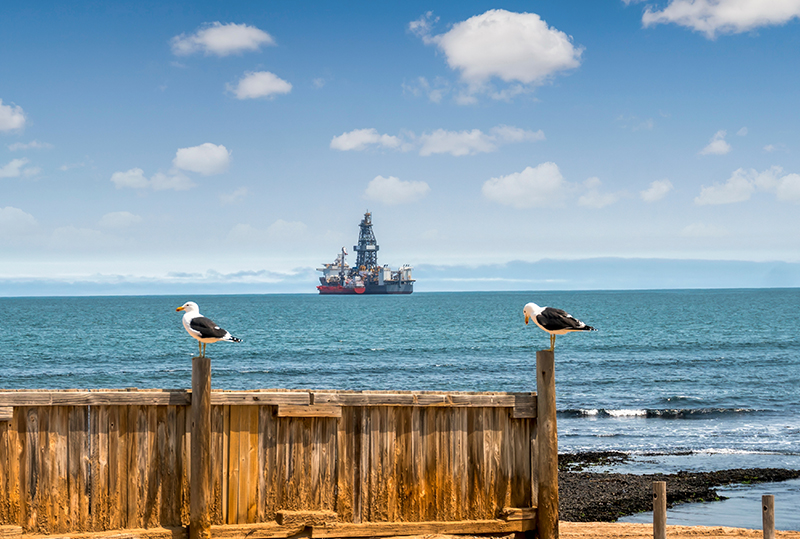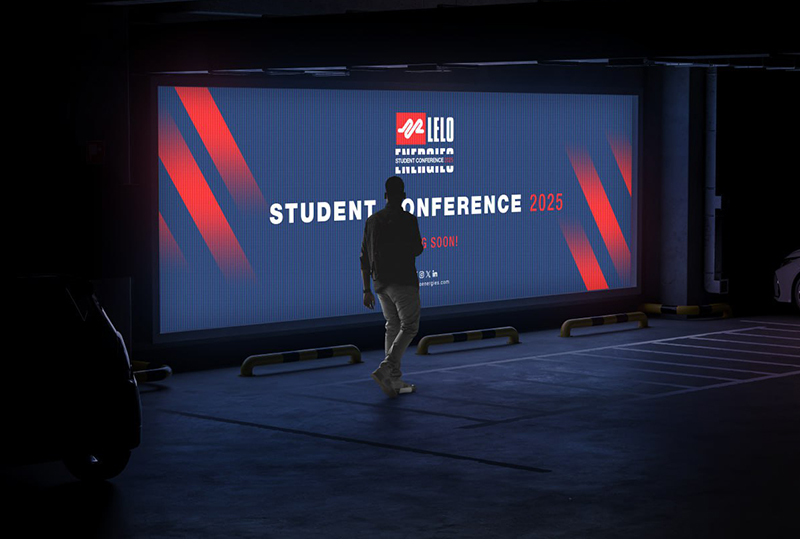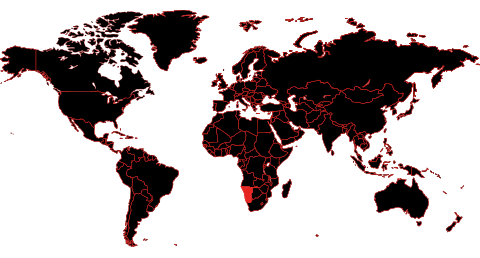How Do We Prepare the Next Generation for Namibia’s Oil and Gas Industry?
Namibia’s energy story is still being written — but the ink is fresh, and the pages are wide open.
With recent offshore discoveries positioning the country as a rising player in Africa’s oil and gas sector, global eyes are turning toward our coastline. The investments are coming. The infrastructure plans are forming. The long-term economic potential is undeniable.
But behind the promise of rigs, refineries, and revenue lies a quieter, more pressing question:
Are we preparing our young people to lead this transformation — or simply to witness it?

Beyond Jobs: Building Capacity for Ownership
Preparing the next generation for the oil and gas industry isn’t just about filling vacancies or producing technicians. It’s about building national capacity — cultivating a talent pool that doesn’t just participate in the industry, but shapes it.
This requires us to think beyond traditional education models or short-term training schemes. It challenges us to:
• Rethink how we engage youth at an early stage,
• Reframe what industry readiness looks like,
• And reimagine how we connect learning, leadership, and legacy.
What True Preparation Looks Like
Let’s unpack this challenge into four key pillars:
1. Exposure Before Expertise
You can’t become what you’ve never seen. For many Namibian students, the oil and gas industry remains a mystery — distant, technical, and unreachable. We need to demystify the sector through:
• School-based career immersion programs,
• Visits to exploration sites, logistics centers, and training facilities,
• and storytelling from real Namibians working in the field.
Before we talk about qualifications, we must talk about inspiration.
2. Learning That Meets Reality
Academic programs must evolve to reflect current and future industry demands. This means:
• Updating syllabi across universities and vocational schools,
• Introducing modules on offshore operations, energy policy, HSE standards, and digital transformation,
• And embedding short-term technical certifications alongside formal degrees.
We don’t need more generalists. We need targeted, agile learners who understand the real terrain.
3. Bridging the Theory–Practice Divide
Internships, apprenticeships, and live case projects shouldn’t be reserved for graduates. Industry and education must partner to bring students into the ecosystem before they finish school. This builds not only competence, but confidence.
When young people solve real-world problems, they don’t just learn — they begin to lead.
4. Values That Outlast the Boom
You can’t become what you’ve never seen. For many Namibian students, the oil and gas industry remains a mystery — distant, technical, and unreachable. We need to demystify the sector through:
• School-based career immersion programs,
• Visits to exploration sites, logistics centers, and training facilities,
• and storytelling from real Namibians working in the field.
Before we talk about qualifications, we must talk about inspiration.
The Spark Must Start Somewhere
That’s why initiatives focused on youth development in the energy sector are no longer optional — they’re essential. In response to this growing need, efforts are already underway to create national platforms where students can interact directly with industry leaders, technical trainers, and future employers.
These aren’t just conferences — they’re launchpads.
They’re designed to be that first door many students didn’t know existed — a place where questions are asked, interests are validated, and futures are envisioned.
And this year, one such moment is taking place in Windhoek.
Earth Day 2025 – Our Power, Our Planet
“Our Power, Our Planet” — the theme of Earth Day 2025 — is not just a rallying cry for envir
Positioning Namibia’s Youth at the Center of Its Energy Future
Namibia stands at a pivotal moment in its national development, faced simultaneously with a signific
What Every Namibian Student and Entry-Level Professional Should Know About the Upstream Oil & Gas Sector
The upstream oil and gas industry in Namibia is no longer a theoretical possibility—it is a rapidl




